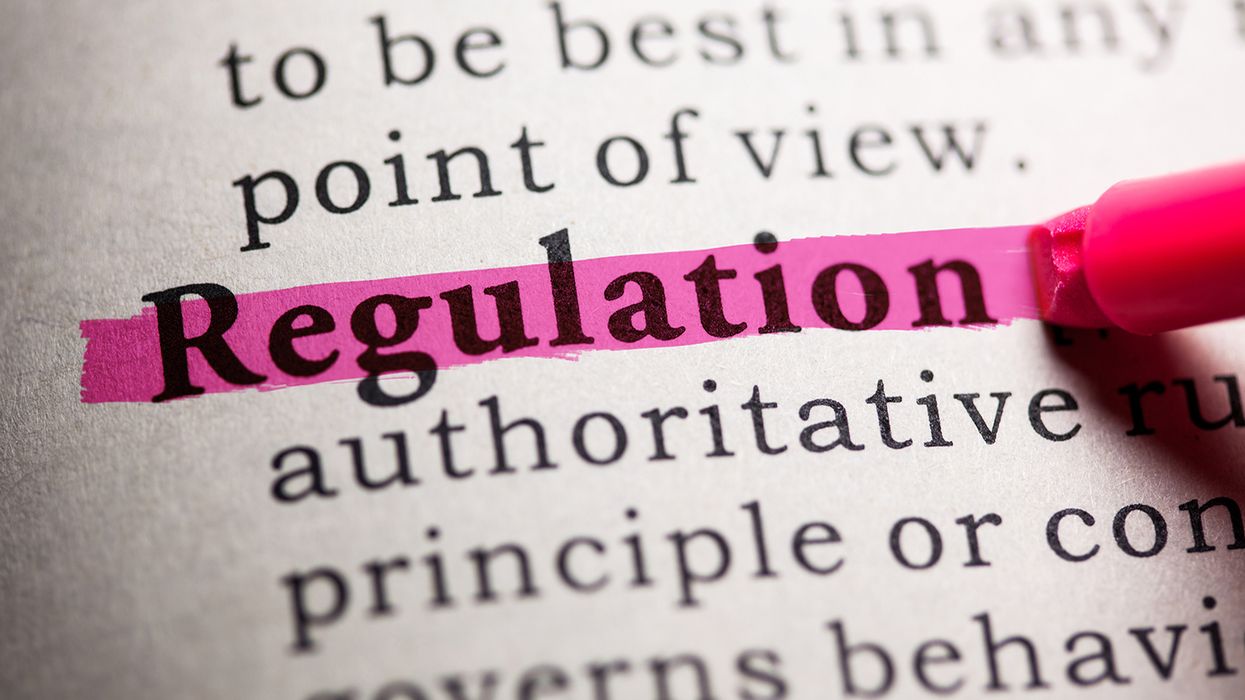Retaliation makes bad situations even worse
What does an Illinois particle physics and accelerator laboratory have in common with a Texas trash collection company? Both recently landed in hot water due to retaliation.
The laboratory paid $100,000 to resolve a retaliation lawsuit brought by the U.S. Equal Employment Opportunity Commission (EEOC), the federal agency announced in September 2021.
According to the EEOC’s suit, the lab violated federal law when it failed to promote a female engineer in retaliation for her complaint of sex-based discrimination.
Likewise, in December, the trash collection company agreed to pay $20,000 and provide other relief to resolve a retaliation lawsuit filed by the EEOC.
According to this complaint, the EEOC charged that a female employee who worked as a driver for the company complained that she was harassed in the workplace because of her sex and because of her sexual orientation. The agency alleged that her complaints to the company were not addressed, the conduct continued, and that she was fired when she invoked her rights under federal employment laws.
The most common charge
Retaliation is consistently the most common of all discrimination charges, making up 56 percent of charges filed with the EEOC in fiscal year 2021. Many charges claiming another type of discrimination also include the assertion that retaliation occurred.
Title VII prohibits retaliation after an individual has either:
- opposed an unlawful employment practice; or
- made a charge, testified, or assisted with or participated in an investigation, proceeding, or hearing under the statute.
Retaliation is also unlawful under the:
- Equal Pay Act,
- Genetic Information Discrimination Act (GINA),
- Americans with Disabilities Act (ADA), and
- Age Discrimination in Employment Act (ADEA).
An employee is protected against retaliation for opposing discrimination as long as the employee has a reasonable and “good faith” belief that the employer’s conduct is illegal, even if it turns out that the employee was mistaken as to the legality of the employer’s conduct.
The EEOC is particularly tough on retaliation because acting in a retaliatory manner or merely threatening retaliation can have a chilling effect on the willingness of individuals to speak out when they experience or witness discriminatory conduct in the workplace.
Avoiding retaliation charges
Employers can adopt policies and train employees appropriately to help avoid retaliation charges.
An anti-retaliation policy should include:
• Examples of retaliation that managers may not otherwise realize are actionable, such as moving a worker to a less desirable shift after the worker files a harassment claim (the manager might see it as “protecting” the worker from further harassment, but the employee may see it as “punishment” or retaliation for reporting harassment);
- Proactive steps for avoiding actual or perceived retaliation when an employee lodges a discriminationallegation;
- More than one way for employees to report discrimination and/or concerns about retaliation (for example, to a manager or directly to HR), which may allow concerns to be addressed before they materialize into legal charges; and • An explanation that retaliation against employees will be subject to discipline.
Perhaps even more important than having policies is training employees and managers so they understand what types of behaviors could be construed as retaliation.




















































